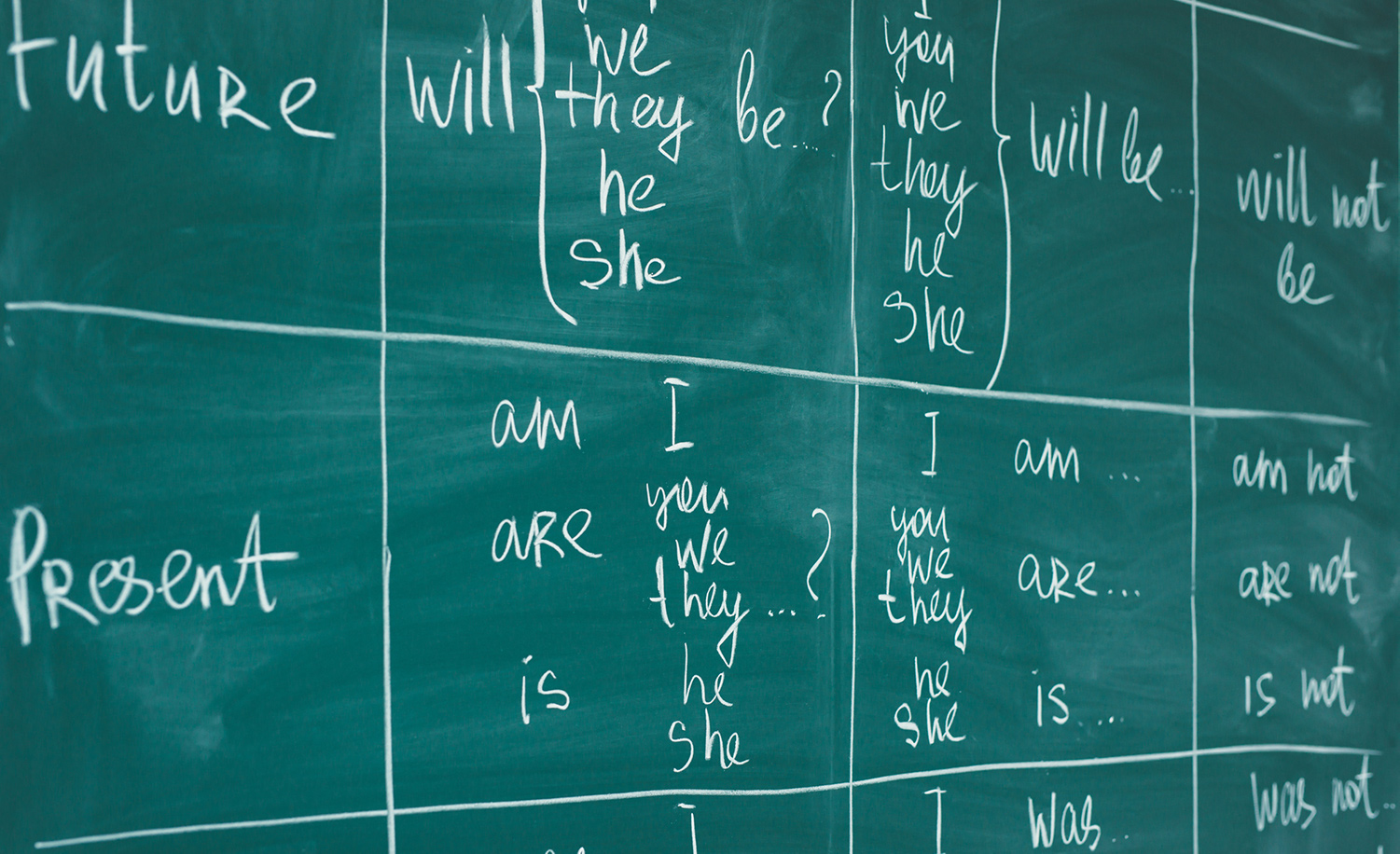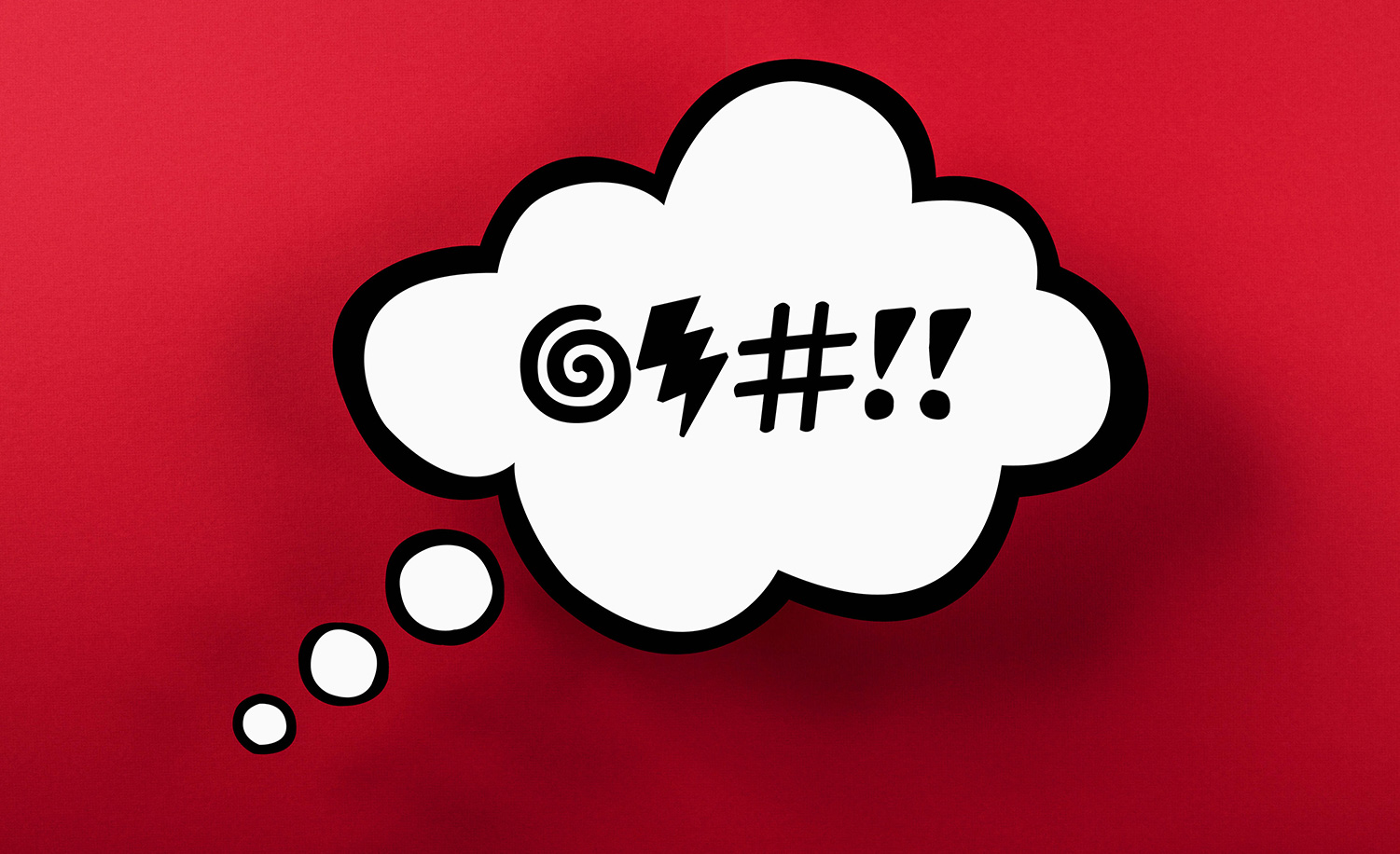English
In the end, one doesn’t know what to be struck by more: the fact that a computer can translate Hebrew at all, or the fact that when it does, it does so atrociously.
In a recent column, the eminent scholar John McWhorter celebrates a linguistic revolution in the offing. But at what cost, and to whom?
In English, one “wears” just about everything, from clothes to hats to perfume. In Hebrew, there’s a different verb for each of these items and more.
Elaborate comparisons between the stare of the judge and the stare of the kangaroo, begone.
What you notice when returning to your native country after many years away: everyone starts sentences with “So” and ends them with a question mark.
In Hebrew, Arabic, English, German, or any other language, taboo words are curious things.
Contrary to a Times column, the reason people say “he’s Jewish” rather than “he’s a Jew” has nothing to do with anti-Semitism. It’s just a quirk of grammar, and it’s not unique to Jews.
Like animals, words have an ecology. As one is driven out of its traditional habitat, others move into the space that has been vacated.







